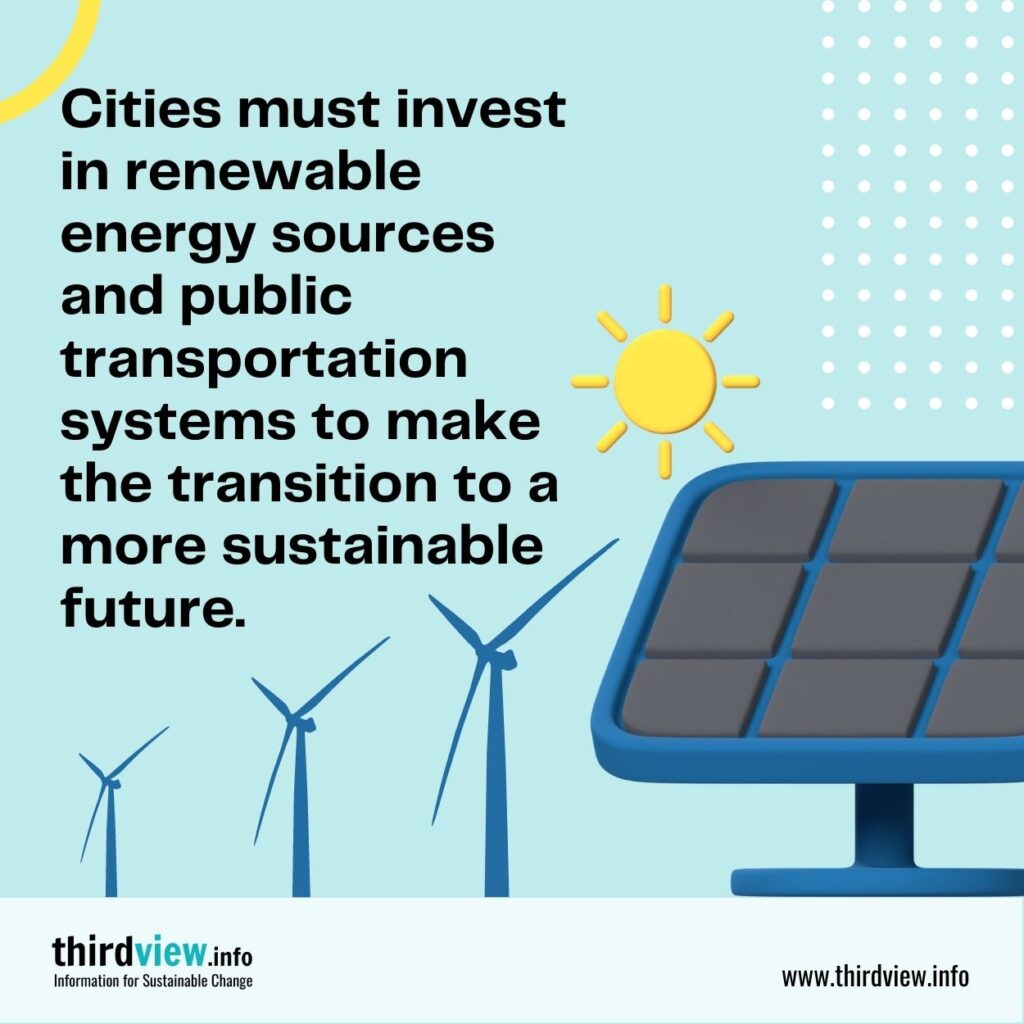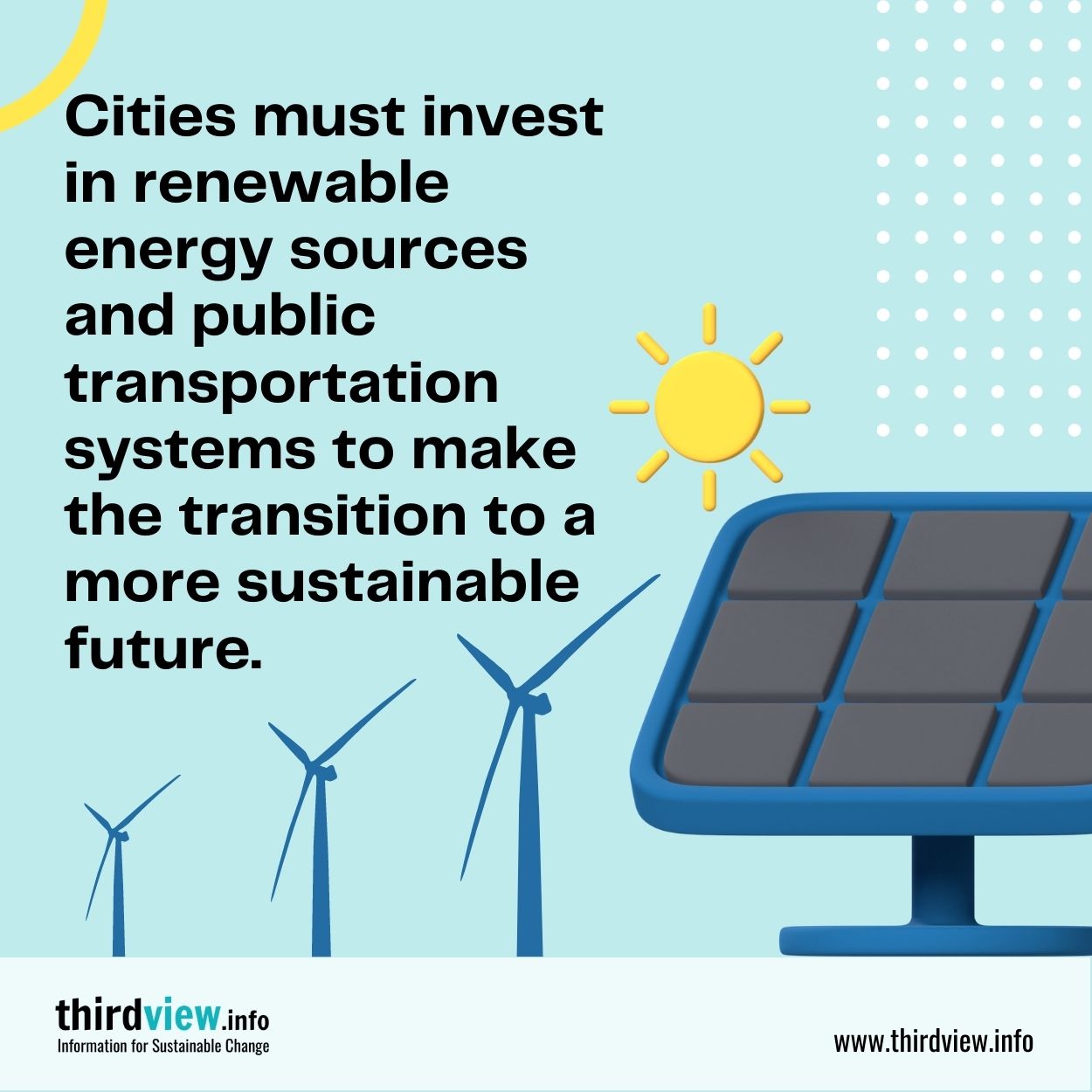As the world’s population grows, cities are becoming increasingly overcrowded. To keep up with this demand, cities must implement smart solutions that not only meet the needs of their citizens but also help to protect our planet. Smart cities are designed to use resources more efficiently, reduce waste, and create a healthier living environment for everyone involved. This blog post will explore the various ways in which smart cities can design solutions for sustainable consumption and production.
Smart Energy Solutions
One of the most important components of a smart city is its energy infrastructure. Smart cities are designed to maximize energy efficiency by utilizing renewable sources such as solar and wind power. By investing in renewable energy sources, cities can reduce their reliance on fossil fuels and lower their emissions. Additionally, smart meters help to track and manage energy usage in real time so that residents can make informed decisions about how they use energy.
Smart Transportation Solutions
Transportation is essential for any city, but it can be difficult to manage in an efficient manner. Smart cities employ a variety of transportation solutions that enable people to get around quickly without creating additional traffic or pollution. This includes public transportation systems such as buses and trains as well as bike lanes and electric scooters. Additionally, autonomous vehicles are becoming increasingly popular in smart cities due to their ability to reduce congestion while still providing safe transportation options.
Smart Waste Management Solutions
A key component of sustainability is managing waste properly. Smart cities have implemented comprehensive waste management systems that incorporate recycling initiatives and composting programs into everyday life. Additionally, many cities have installed “smart bins” that use sensors to detect when they need to be emptied so that resources are not wasted on unnecessary pickups. By reducing waste through recycling and composting programs, smart cities can significantly reduce their environmental impact and create an eco-friendly living environment for all residents.
The goal of a smart city is not just to provide efficient services but also to sustainably manage resources so that future generations can continue to enjoy them as well. By utilizing renewable energy sources, investing in public transportation systems, and implementing waste management solutions, cities can create a better living environment for all citizens while minimizing their environmental impact at the same time. Through careful planning and implementation of these strategies, smart cities can lead the way towards a more sustainable future for everyone involved.


